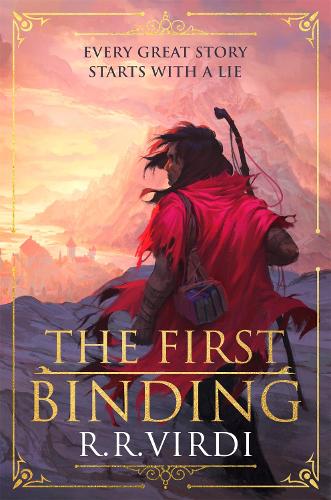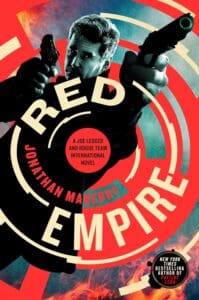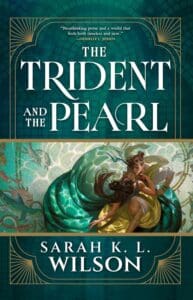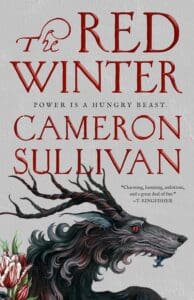
Synopsis:
All legends are born of truths. And just as much lies. These are mine. Judge me for what you will. But you will hear my story first.
I buried the village of Ampur under a mountain of ice and snow. Then I killed their god. I’ve stolen old magics and been cursed for it. I started a war with those that walked before mankind and lost the princess I loved, and wanted to save. I’ve called lightning and bound fire. I am legend. And I am a monster.
My name is Ari.
And this is the story of how I let loose the first evil.
Thus begins the tale of a storyteller and a singer on the run and hoping to find obscurity in a tavern bar. But the sins of their past aren’t forgotten, and neither are their enemies. Their old lives are catching up swiftly and it could cost them the entire world. No one can escape their pasts and all stories must have an ending.
Review:
The First Binding is a story treasure trove, surrounding the stories of mankind and gods. Suffice it to say, it’s written in the style of old Indian epics such as Ramayana and Mahabharata. It is a gigantic bibliographic story of a character who has done much in his life, but I do not see the main character, Ari as the villain of the story. Rather, the characters around him shaped his life into what he became today. Suffice it to say, I didn’t end up liking Eloine in the story because she had her own motives, and was driven out of an interest to gain, but not too much to benefit Ari. She was an important character that held her own ground, and she was a very dominant personality.
It’s hard to summarise such a long tale as this because each chapter has a story to tell. The prose is written in a fanciful way to achieve this effect, illuminating us towards the works of older styles of epic lore and literature. I also read the note of the author thanking Jim Butcher for his advice on this: if the novel will sell, it will sell. And I agree. This novel will sell because it tells a story of creation, of beginning and time. And to talk about Ari, at every single moment of the book I never felt that he was the villain because he never did do anything that would cause harm to others. Rather, if he did, then it was out of his own selfish motives and greed. It’s said that in Hindu Mythology, we have multiverses. Different multiverses of the same world.
Specially written in the Puranas, one of the most epic and oldest literature of Hindusim that notes that there are hundreds of planets like this. In one area of a different world, Ravana, the King of the Asuras, would be a hero. In another area, he would be a tragic hero brought to become a villain. In the same way, I feel as if there are hundreds of different multiverses out there, I have no doubt that if Ari was given a time machine or some way to travel back in time and correct his mistakes, I have absolutely no doubt that he would. And I would urge the author to look into some time travel for the sequel of this wonderful novel.
In the end, it’s a story spanning hundreds of characters, of descriptions that will make the world come alive, and it does not hide the horrors of war, or caste, or brutality. This would be a perfect series for a TV series, and I would love to see something like this being adapted one day. This is an epic novel, and it’s a great novel. Wonderfully written, it’s a rich exploration into Hindu Mythology and a unique combination of West meeting East. Love it, 10/10.










Leave a Reply